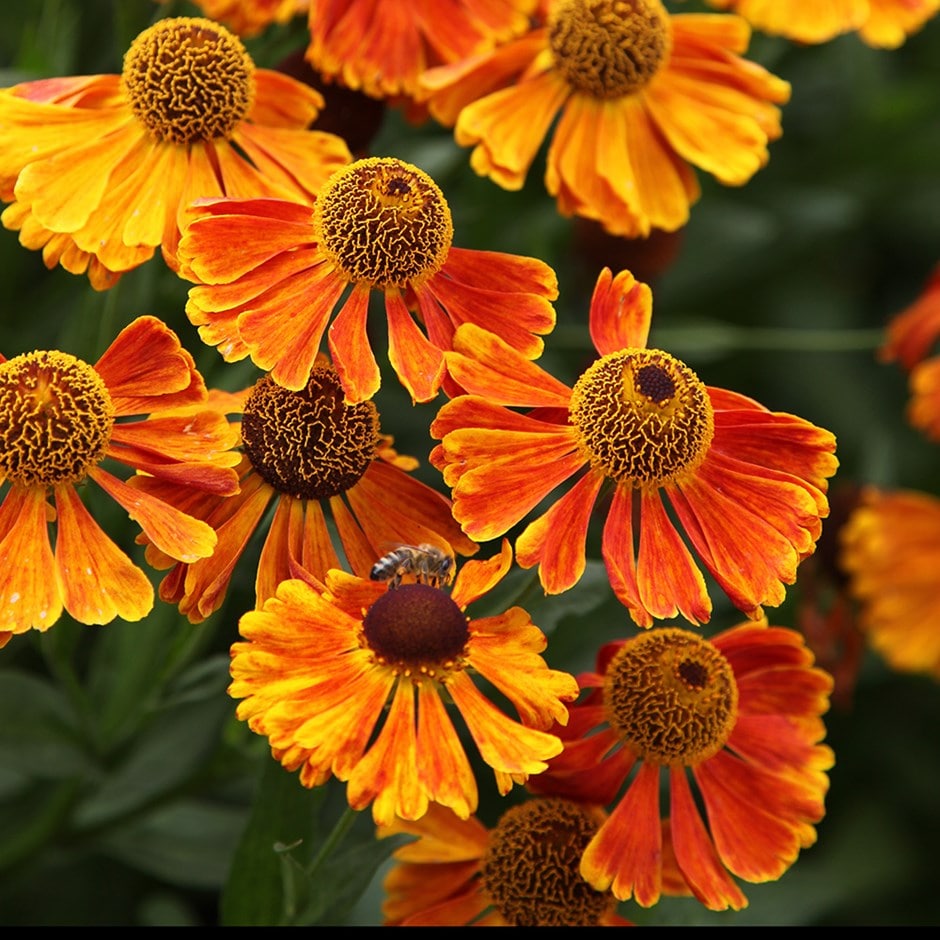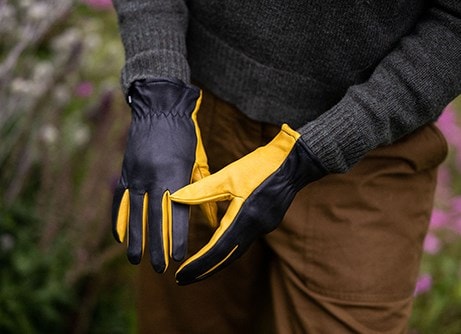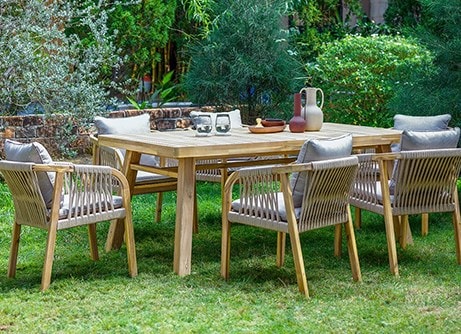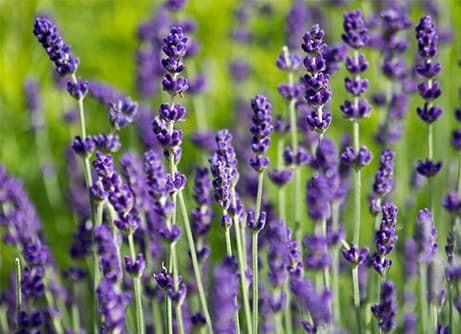
From late summer to mid-autumn Helenium 'Waltraut' produces sprays of bronze-orange daisy-like flowers up to 8cm (3in) across, each splashed with yellow and having a prominent, globe-like centre.
This robust, upright perennial looks wonderful planted in bold drifts in a sunny moist but well-drained spot. Providing a splash of colour when many other perennials are starting to fade, it makes a wonderful companion for ornamental grasses and yellow, white or earth-toned flowers.
A magnet for bees and butterflies, it also makes an excellent cut flower.
This robust, upright perennial looks wonderful planted in bold drifts in a sunny moist but well-drained spot. Providing a splash of colour when many other perennials are starting to fade, it makes a wonderful companion for ornamental grasses and yellow, white or earth-toned flowers.
A magnet for bees and butterflies, it also makes an excellent cut flower.
How to care for Helenium Waltraut:
Heleniums are versatile plants that love plenty of sunshine and moist soil, however young plants do need to be protected from slugs and snails. Tall varieties may need to be staked in exposed spots.
To encourage the plant to repeat flower, deadhead back to side shoots that have flower buds emerging. Cut back by half after flowering to help prevent mildew, and cut down to the ground in late winter.
Every two or three years in the spring when the new growth is surging away, you can divide the plants to keep them in top condition.
To encourage the plant to repeat flower, deadhead back to side shoots that have flower buds emerging. Cut back by half after flowering to help prevent mildew, and cut down to the ground in late winter.
Every two or three years in the spring when the new growth is surging away, you can divide the plants to keep them in top condition.
Flowering period:
- Jan
- Feb
- Mar
- Apr
- May
- Jun
- Jul
- Aug
- Sep
- Oct
- Nov
- Dec
Eventual height:
1m
Eventual spread:
0.6m
Position:
Full sun
Rate of growth:
Average
Soil:
Moderately fertile, moist, well-drained soil
Hardiness:
Fully hardy
-
This perennial dies back to below ground level each year in autumn, then fresh new growth appears again in spring.









